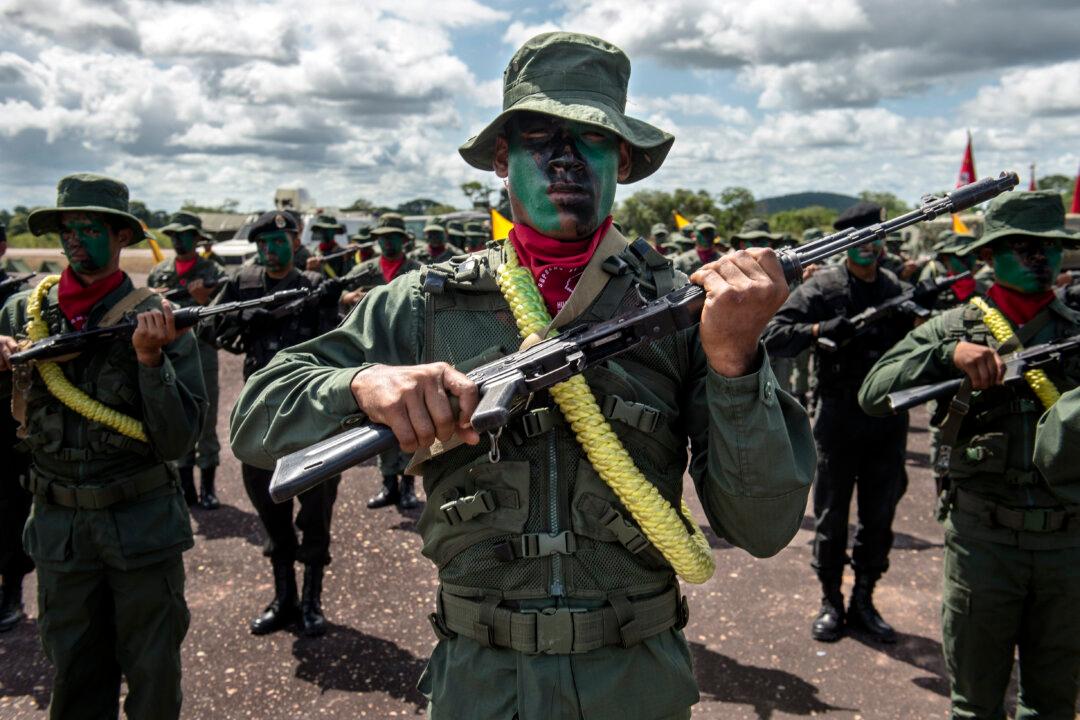The United States said it would carry out flight operations in the South American country of Guyana amid fears that Venezuelan leader Nicolas Maduro is looking to annex a portion of it.
Over the weekend, the Venezuelan government held a referendum to supposedly allow Venezuelans to decide the future of the oil- and mineral-rich Essequibo region of Guyana, drawing pushback from leaders in Guyana. This week, Venezuela claimed that more than 10.5 million people cast ballots in the referendum.





